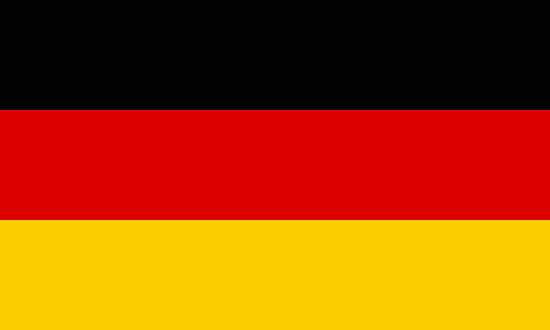"Klein Venedig | Little Venice"
About:
Bamberg, a town in Bavaria, Germany, was founded in the 9th century. It became a vital link in the trade route from the North Sea to Italy. In 1007, it was made a bishopric by Emperor Henry II, who later made it an independent diocese. Bamberg flourished in the 12th century as a center of law and literature. Despite a devastating fire in 1081, the city's unique architecture, including its cathedral and old town, remains well-preserved. Today, Bamberg is recognized as a UNESCO World Heritage site.
When to visit:
Bamberg, a picturesque town in Bavaria, Germany, is best experienced during the spring and summer months. The months of April to September offer pleasant weather with blooming flowers, making it an ideal time for exploring the town's historic sites and charming streets. Additionally, the summer months see various cultural events and festivals taking place, adding to the vibrant atmosphere of Bamberg. Travelers looking to enjoy outdoor activities such as hiking or river cruises will find the warmer months particularly inviting in this enchanting destination.
When to avoid:
The worst time to travel to Bamberg on a holiday is during the peak tourist season, which typically occurs in the summer months from June to August. During this time, the city experiences its highest influx of visitors, leading to crowded attractions, long lines, and inflated prices. Additionally, the summer months can bring hot and humid weather, which may not be ideal for exploring Bamberg's historic sites and cobblestone streets. Travelers looking to avoid the crowds and high prices may consider visiting during the shoulder seasons of spring or fall for a more relaxed and budget-friendly experience.
Winter (Dec-Feb)
Winter in Bamberg, Germany, is the coldest part of the year, with temperatures often dropping to around -1°C. Snowfall is common, turning the town into a picturesque winter wonderland. However, this season sees the least amount of sunlight, with only about 2 hours of daylight in December. Rainfall is relatively low, averaging 40mm. Cloud cover is significant, leading to overcast or mostly cloudy conditions for most of the season. An average day for a visitor would involve bracing the cold, enjoying the snow-dusted architecture, and warming up in cozy local breweries.
Spring (March–May)
Spring (March–May)
Language:
Bamberg, a city in Germany, predominantly features the use of German as the main language. However, due to its status as a popular tourist destination and a university city, English is also widely understood and spoken. Additionally, due to immigration and international students, languages such as Turkish, Polish, and Russian can also be heard.




